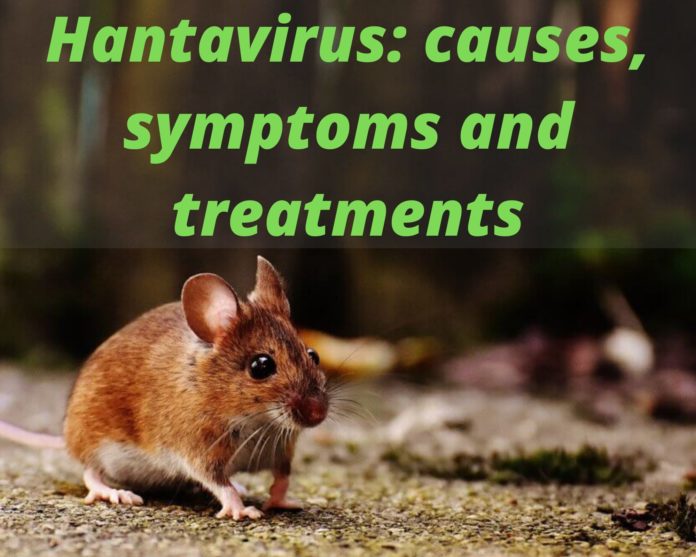
China is grappling with a new virus, which led to the death of a man in Yunnan province on Monday. The hantavirus spreads mainly by rodents and can cause varied disease syndromes in people worldwide.

It causes hantavirus pulmonary syndrome or HPS which causes fever, muscle aches, fatigue and shortness of breath. “Diagnosing HPS in an individual who has only been infected a few days is difficult, because these early symptoms are easily confused with influenza,” said Centres for Disease Control and Prevention (CDC), the leading national public health institute of the United States.
If the individual has a history of potential rural rodent exposure, together with shortness of breath, it would be strongly suggestive of HPS, the CDC further said. “They should see their physician immediately and mention their potential rodent exposure.”
The CDC further said that there is no specific treatment, cure, or vaccine for hantavirus infection. “Treatment of patients with HPS remains supportive in nature. Patients should receive appropriate, broad-spectrum antibiotic therapy while awaiting confirmation of a diagnosis of HPS. Care during the initial stages of the disease should include antipyretics and analgesia as needed,” the public health institute said.
“We do know that if infected individuals are recognised early and receive medical care in an intensive care unit, they may do better. In intensive care, patients are intubated and given oxygen therapy to help them through the period of severe respiratory distress,” it added.
Ribavirin, which is often used to treat some related haemorrhagic fevers, is not effective in treating HPS, the CDC said.
“The earlier the patient is brought in to intensive care, the better. If a patient is experiencing full distress, it is less likely the treatment will be effective,” the CDC said.